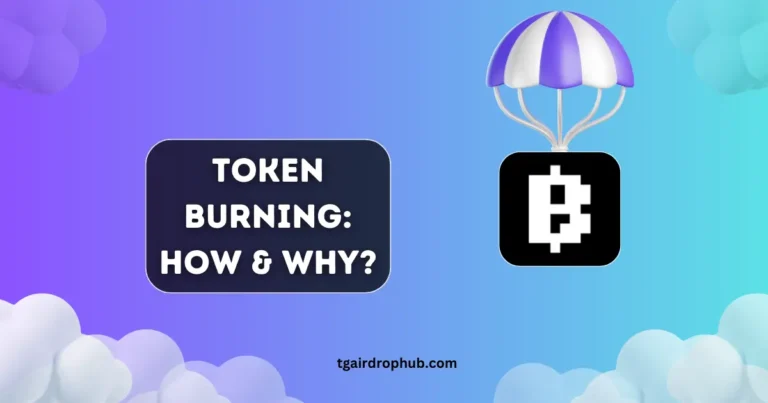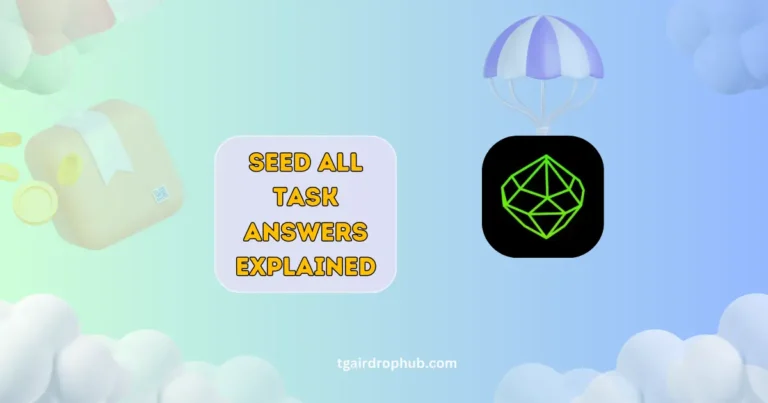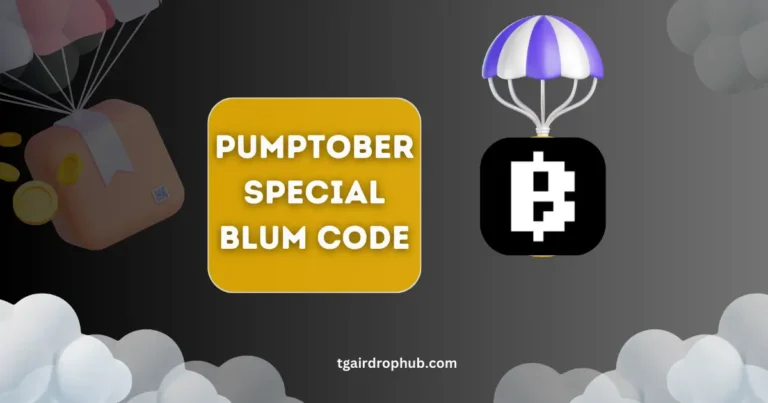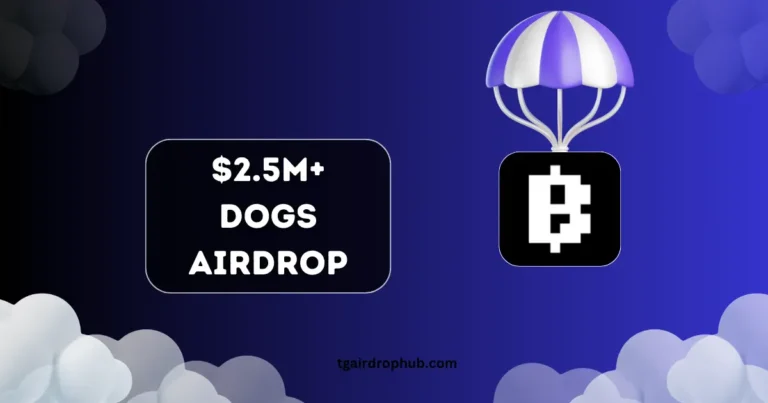Blum Question: Doxxing? What’s That?
In today’s interconnected world, privacy is more important than ever. But have you ever heard of doxxing? It’s a practice that raises serious concerns about personal security and privacy, especially in the age of social media and digital footprints. Doxxing is a malicious act where someone’s personal or confidential information is exposed online without their consent. This can include anything from addresses, phone numbers, and full names to much more sensitive data like financial details or social security numbers.
Question & Answer Table
| Question | Answer |
|---|---|
| Doxxing? What’s That? | NODOXXING |
What Exactly is Doxxing?
Doxxing is short for “dropping dox,” where dox refers to documents or personal records. It’s the practice of gathering someone’s private information and publishing it publicly, often with harmful intentions. Whether it’s out of revenge, harassment, or simply malice, doxxing can have severe consequences for victims, ranging from identity theft to physical harm.
The information shared during a doxxing event is typically obtained through public records, social media profiles, data breaches, or hacking. The purpose behind doxxing is to expose or embarrass someone, putting their safety and reputation at risk.
How Does Doxxing Happen?
Doxxing can happen in various ways, but it often starts with a person or group trying to gather as much personal information as possible about an individual. Here are some common techniques used in doxxing:
- Social Media Profiling: Doxxers often scour social media platforms like Facebook, Instagram, and Twitter to collect personal details such as full names, locations, workplaces, and family connections.
- Data Breaches: If a company or platform suffers a data breach, hackers can obtain sensitive information and use it to doxx individuals.
- Hacking and Phishing: Through hacking techniques or phishing emails, doxxers can access private accounts, retrieve sensitive data, and make it public.
- Reverse Lookup Tools: Many online services allow users to perform reverse lookups on phone numbers, addresses, or email accounts, aiding in doxxing efforts.
The Dangers of Doxxing
Doxxing is not just a minor annoyance—it can have significant repercussions. Here’s why it’s such a concerning issue:
- Loss of Privacy: One of the most obvious dangers of doxxing is the complete loss of privacy. When personal information is exposed to the public, it can be nearly impossible to remove from the internet.
- Harassment and Threats: Many doxxing incidents lead to harassment, where individuals receive abusive messages, threats, or even have strangers show up at their homes.
- Identity Theft: With enough personal details, doxxers can commit identity theft, stealing financial data, applying for loans, or making unauthorized purchases in the victim’s name.
- Damage to Reputation: Personal and professional reputations can be severely damaged if sensitive information is made public, especially if false accusations accompany the doxxing.
Protecting Yourself from Doxxing
With doxxing becoming a growing concern, it’s crucial to take steps to protect yourself online. Here’s how you can reduce the risk of falling victim to doxxing:
- Limit Personal Information Online: Be mindful of what you share on social media and other online platforms. Avoid posting your address, phone number, or any other sensitive information publicly.
- Use Strong Passwords and Two-Factor Authentication: Ensure all your accounts have robust passwords and enable two-factor authentication (2FA) to add an extra layer of security.
- Check Privacy Settings: Regularly review your privacy settings on social media to control who can see your posts, location, and personal details.
- Monitor Data Breaches: Use services like Have I Been Pwned to check if your accounts have been compromised in a data breach. If they have, change your passwords immediately.
- Be Cautious with Phishing: Be wary of suspicious emails or messages asking for personal information. These are often attempts to gather data for malicious purposes.
- Use a Virtual Private Network (VPN): A VPN can mask your IP address, making it harder for attackers to track your online activity.
Legal Consequences of Doxxing
While doxxing itself may not always be illegal, it can lead to criminal charges depending on the methods used and the outcome. For example, if the doxxing involves hacking, identity theft, or threats of violence, the doxxer can face significant legal consequences. In many cases, victims of doxxing can file lawsuits for damages related to privacy invasion, harassment, or emotional distress.
Governments around the world are beginning to recognize the serious nature of doxxing and are enacting laws to combat it. In the U.S., for instance, some states have implemented cyberstalking and harassment laws that specifically address doxxing-related incidents.
Conclusion: How to Stay Safe from Doxxing
Doxxing is a serious threat that can have lasting consequences on your privacy, safety, and reputation. As more of our personal lives shift online, it’s crucial to stay vigilant and protect yourself from malicious individuals who may attempt to expose your private information. By practicing good online security habits and limiting the amount of personal data you share, you can significantly reduce the risk of becoming a victim of doxxing.






One Comment